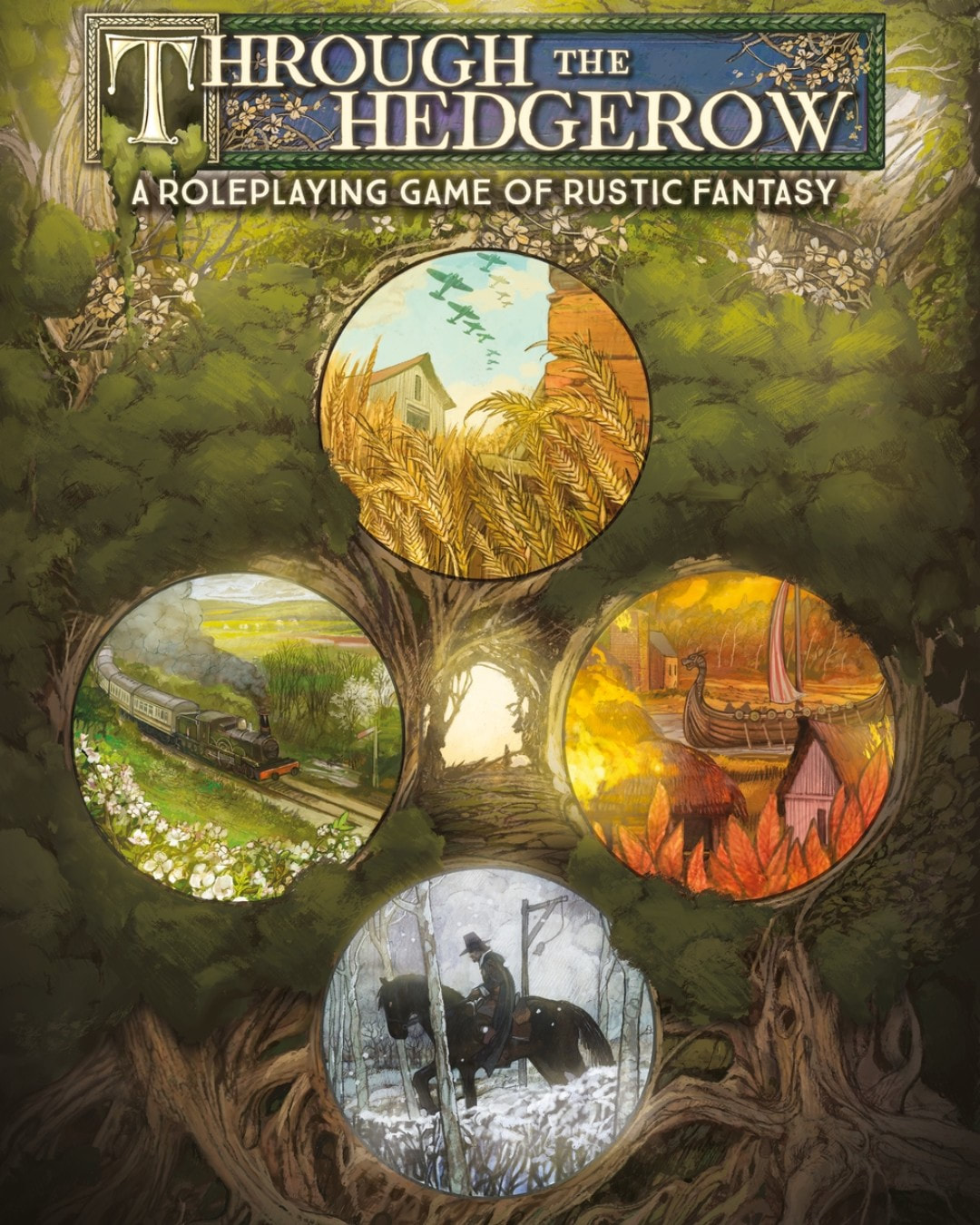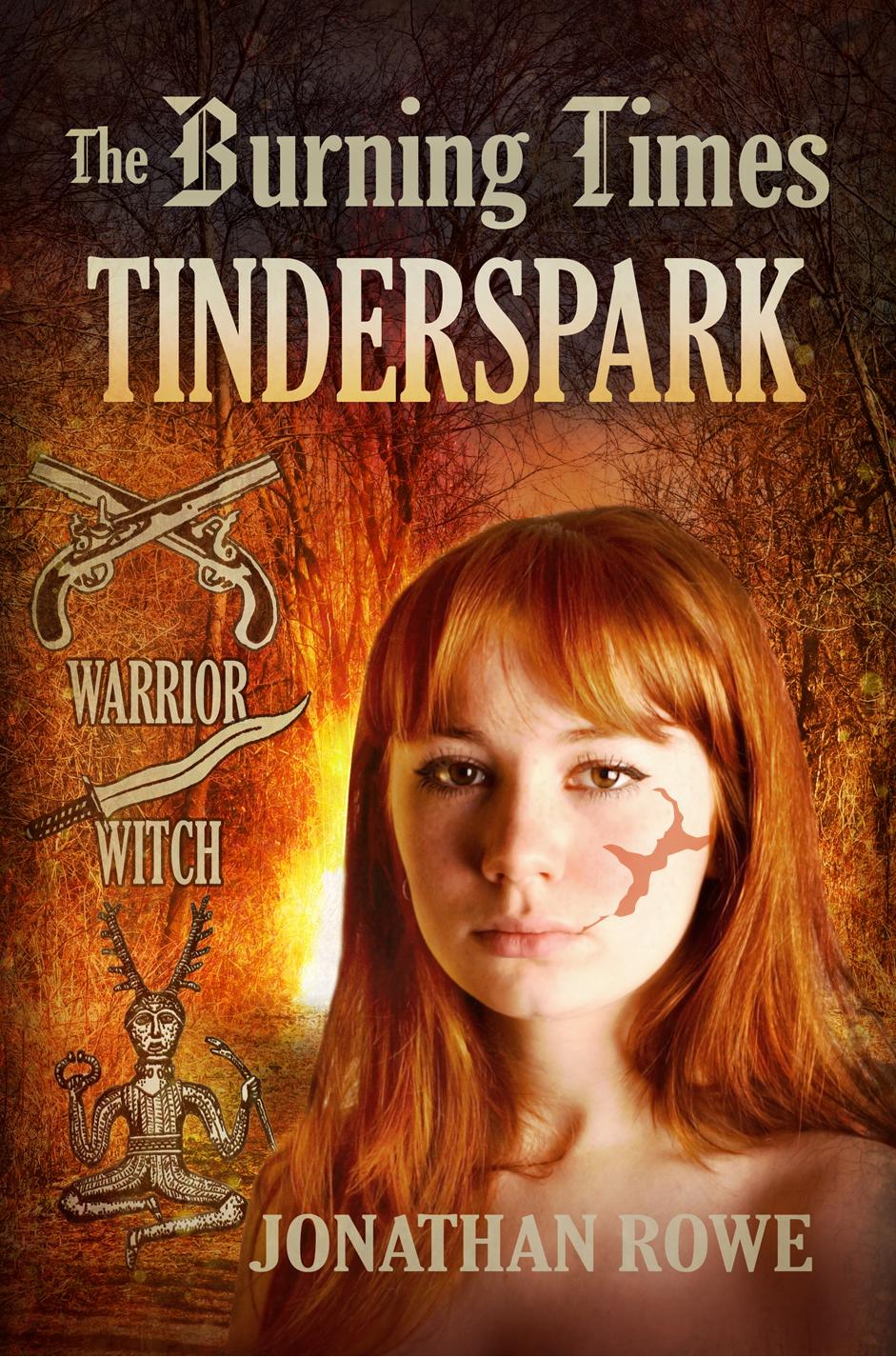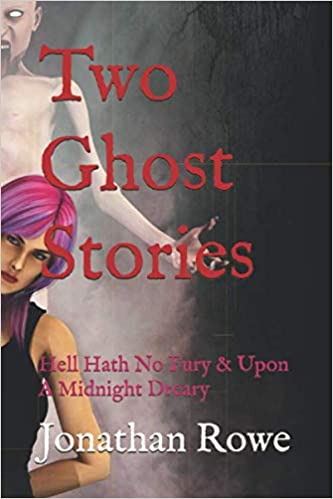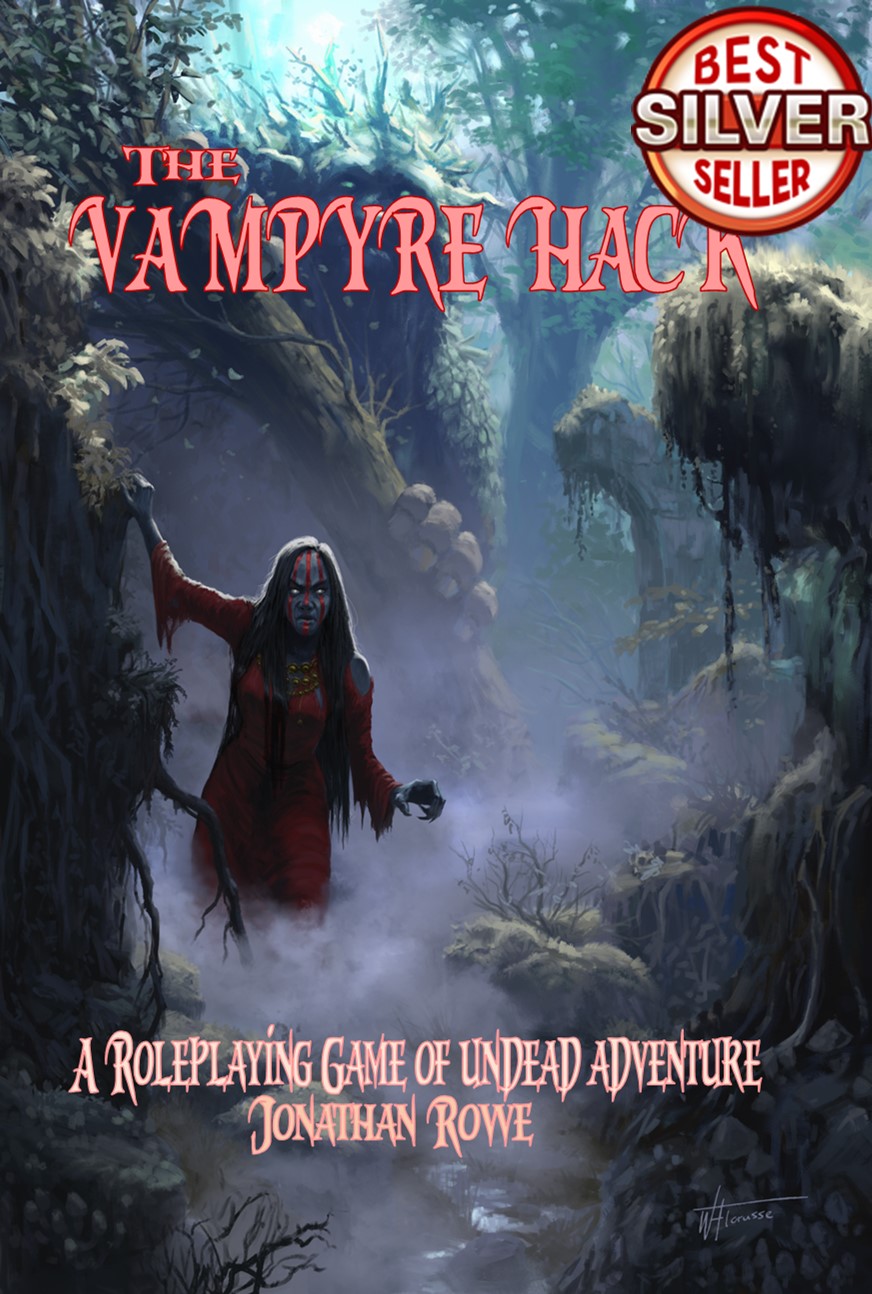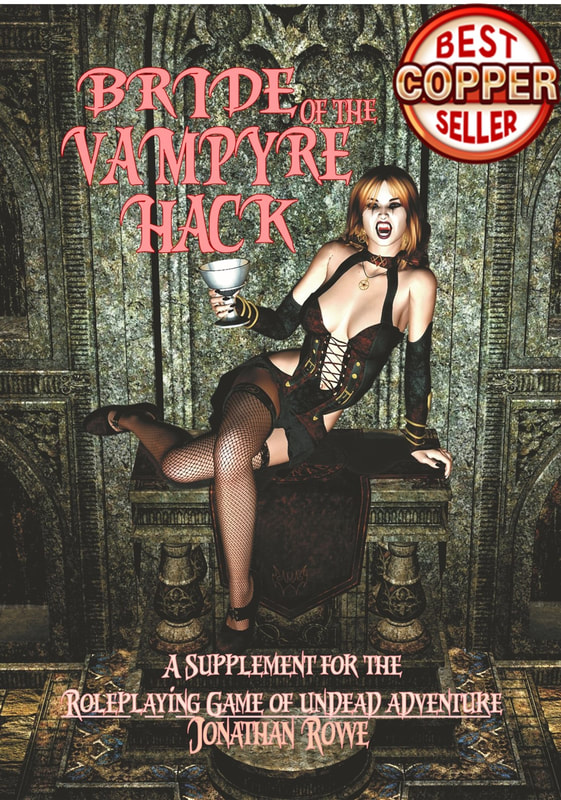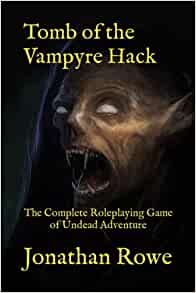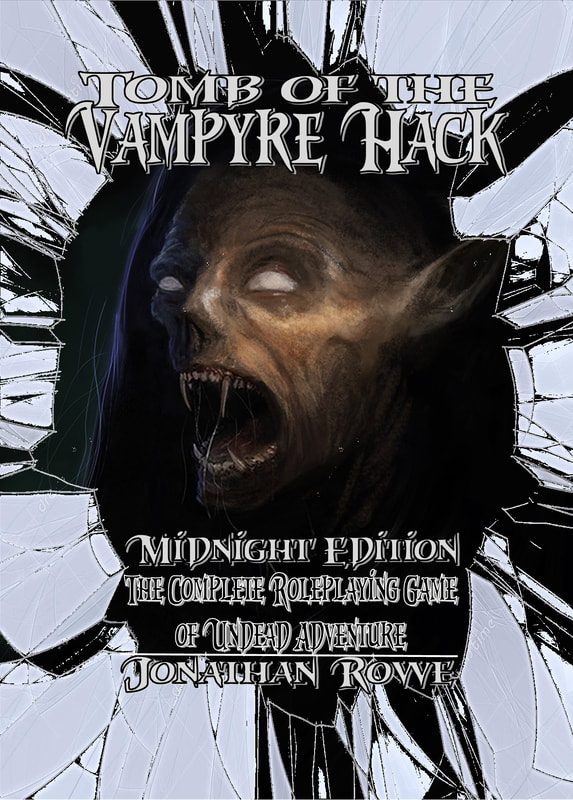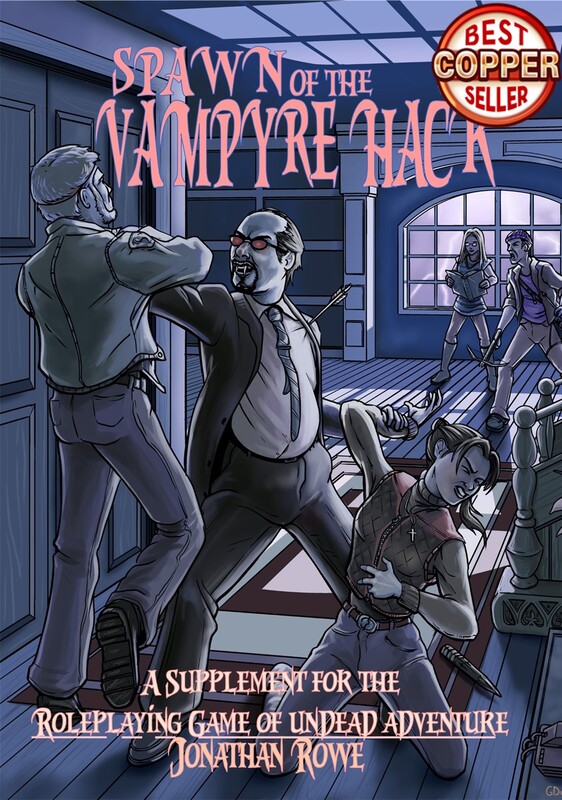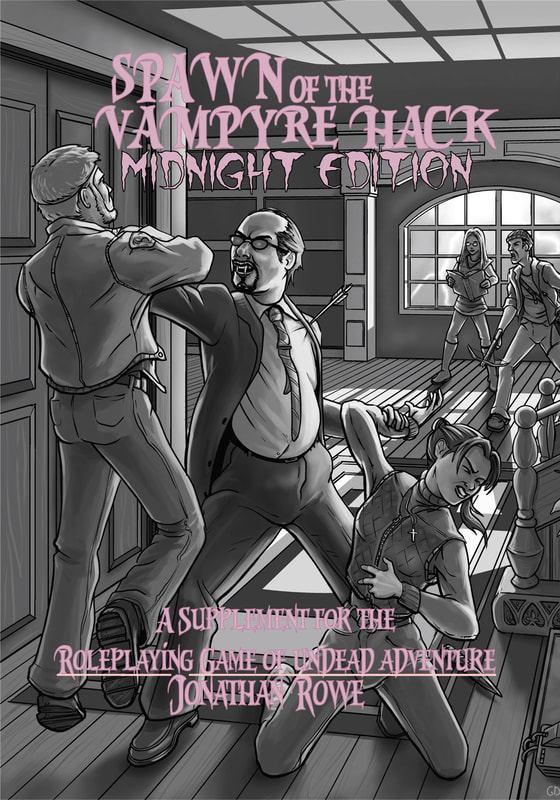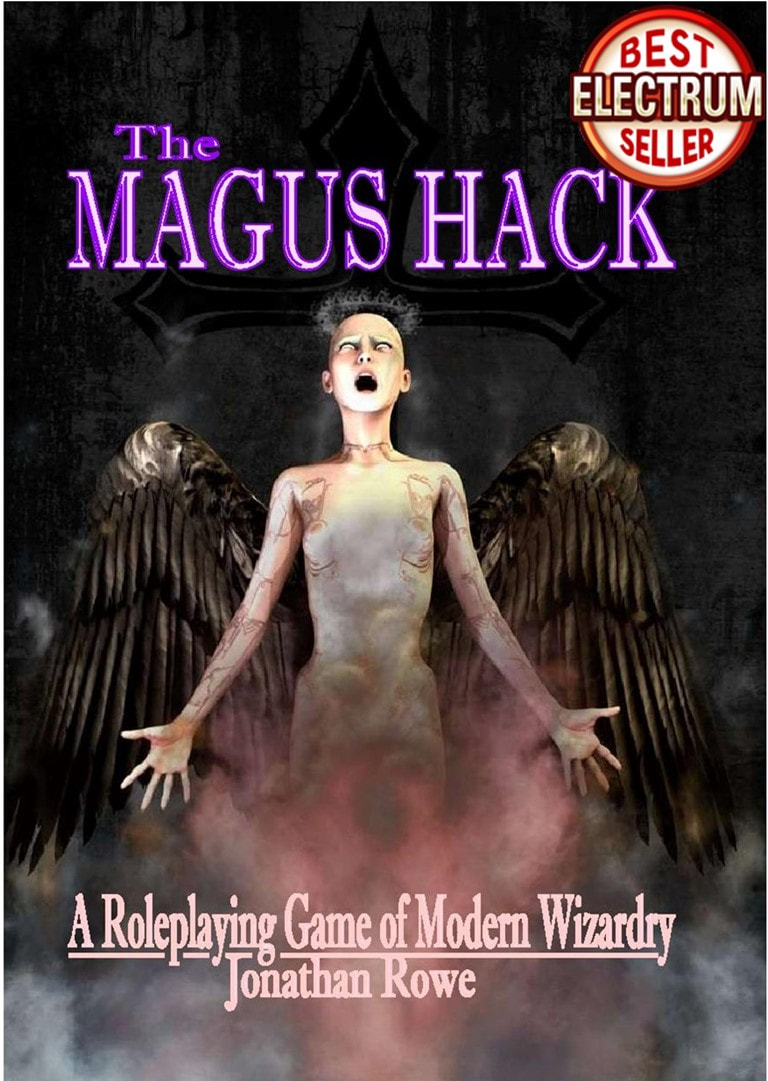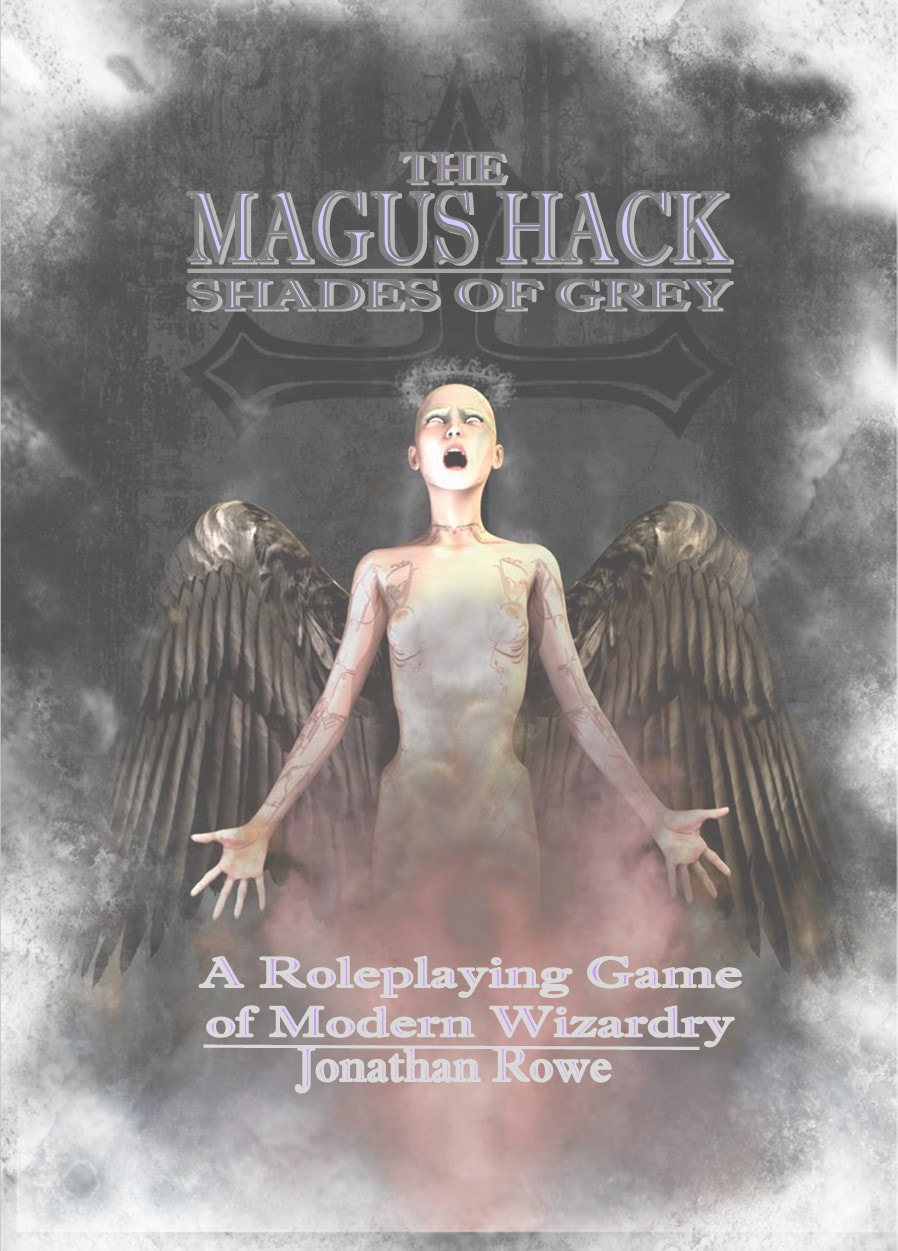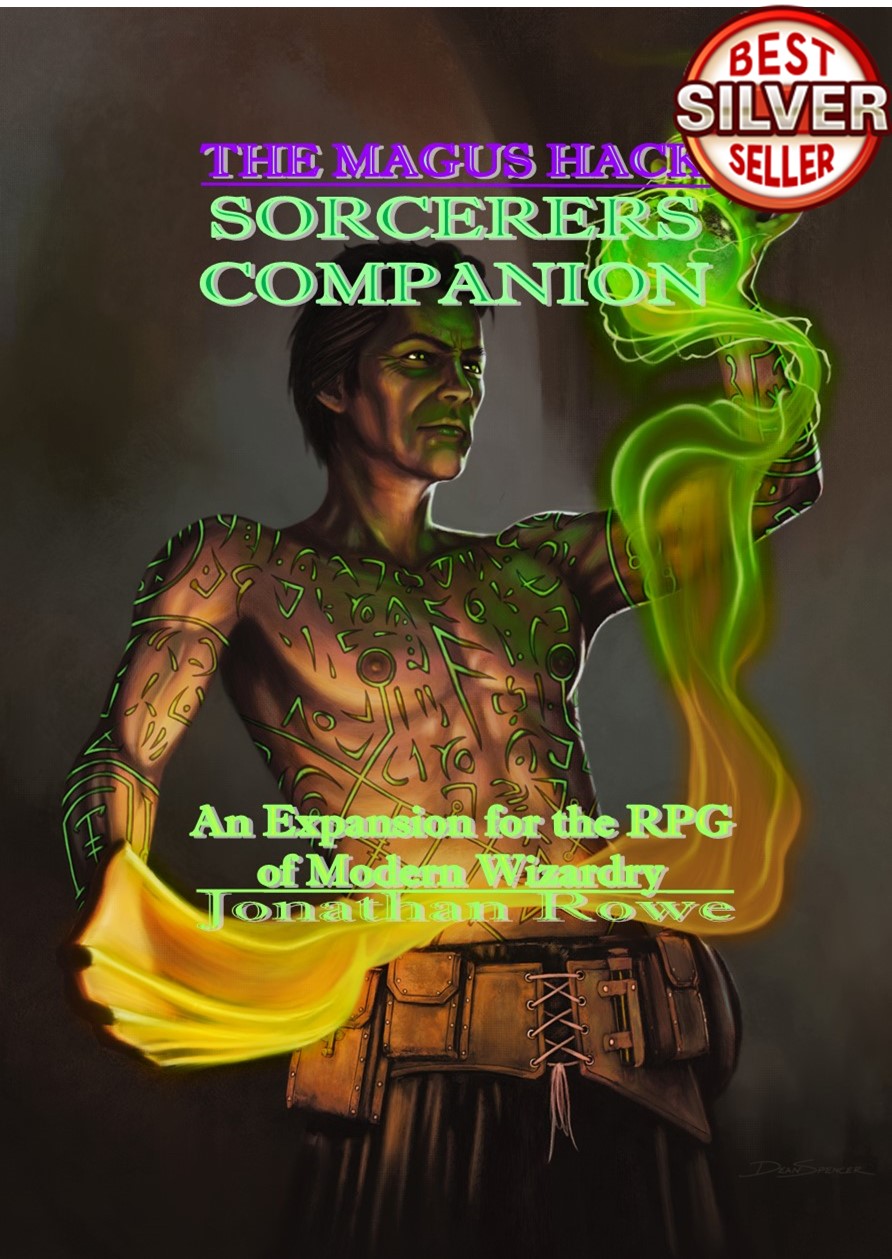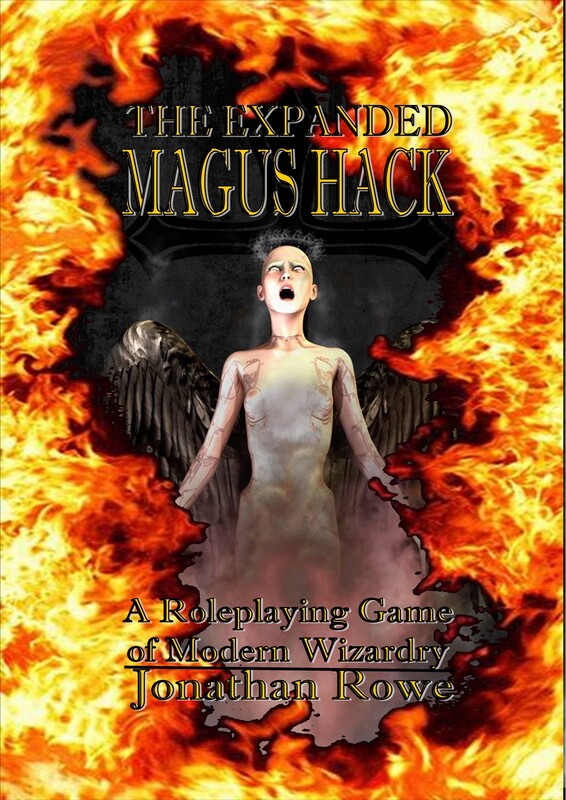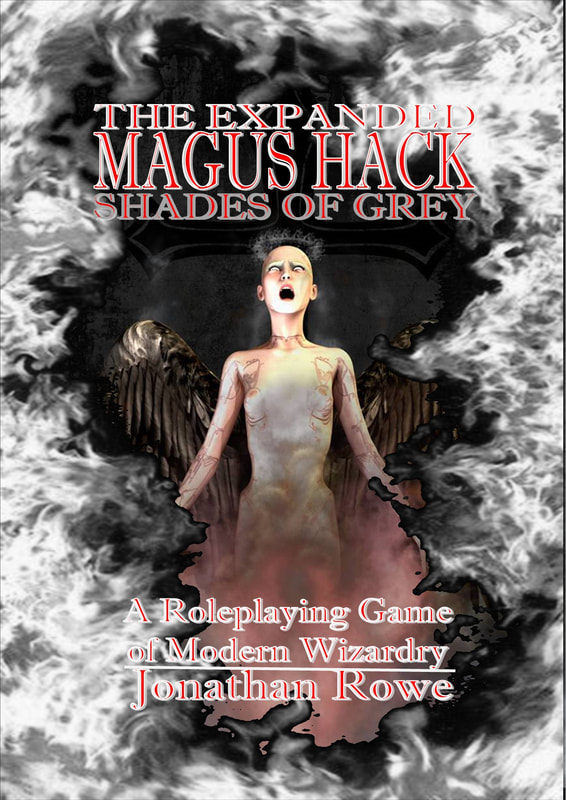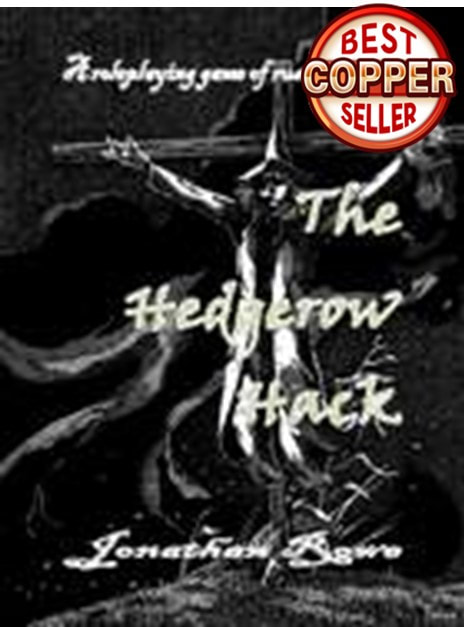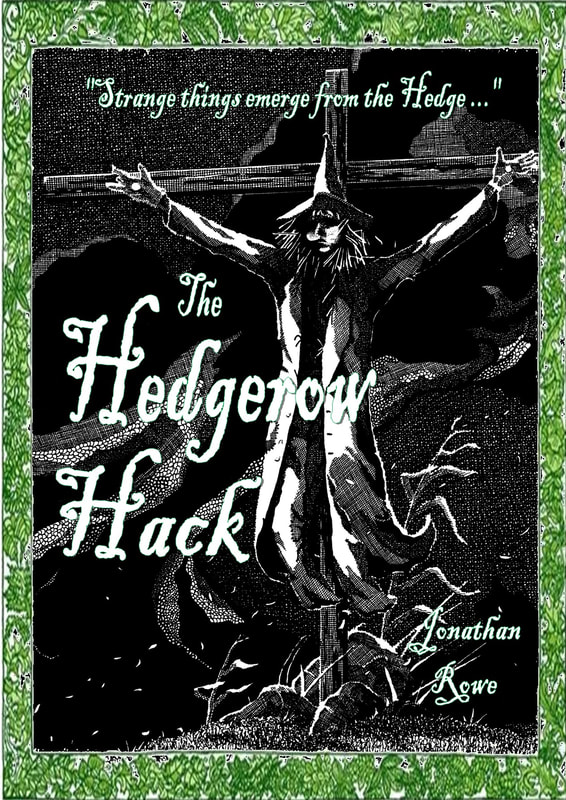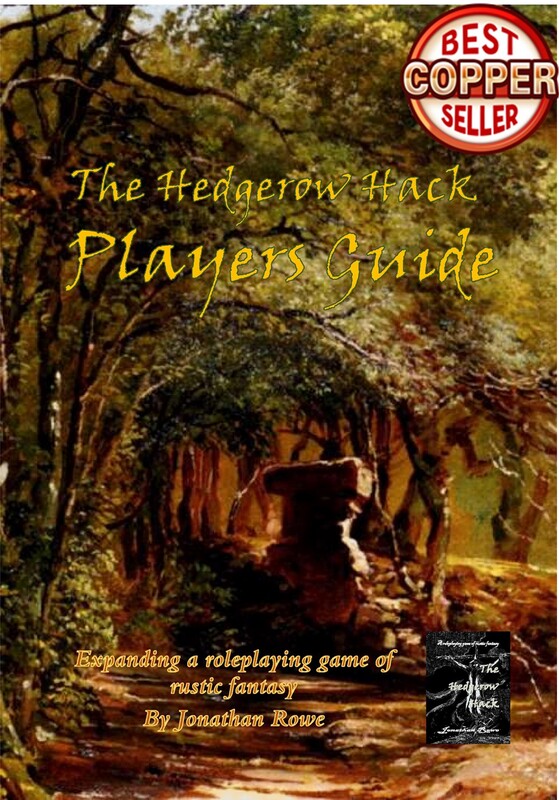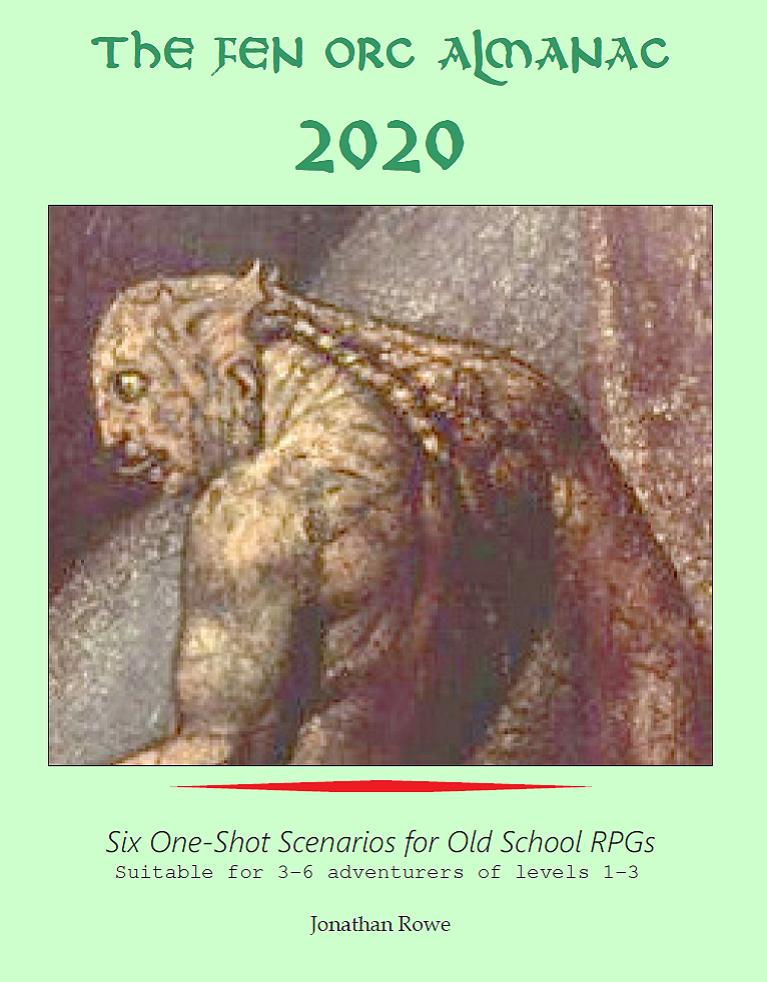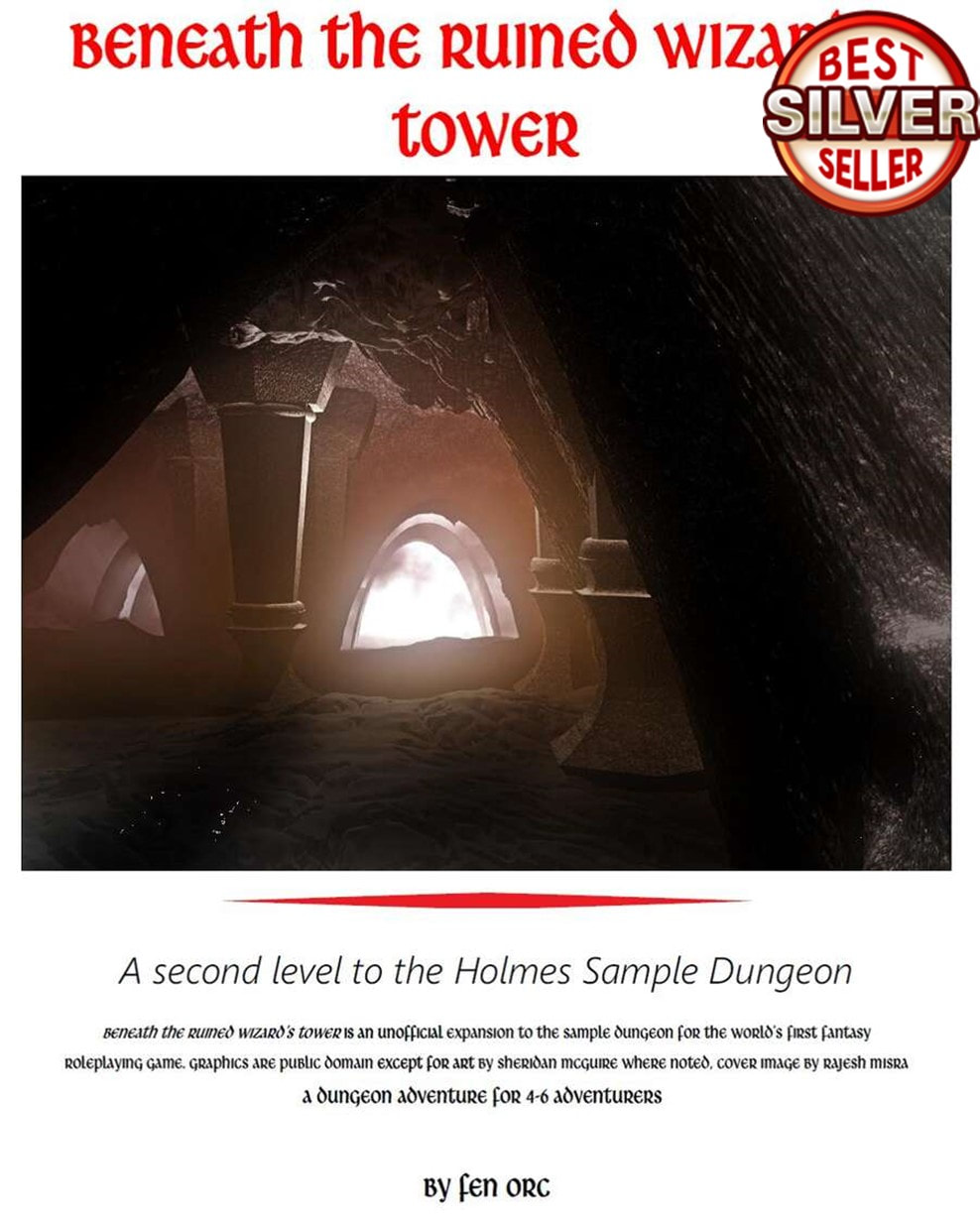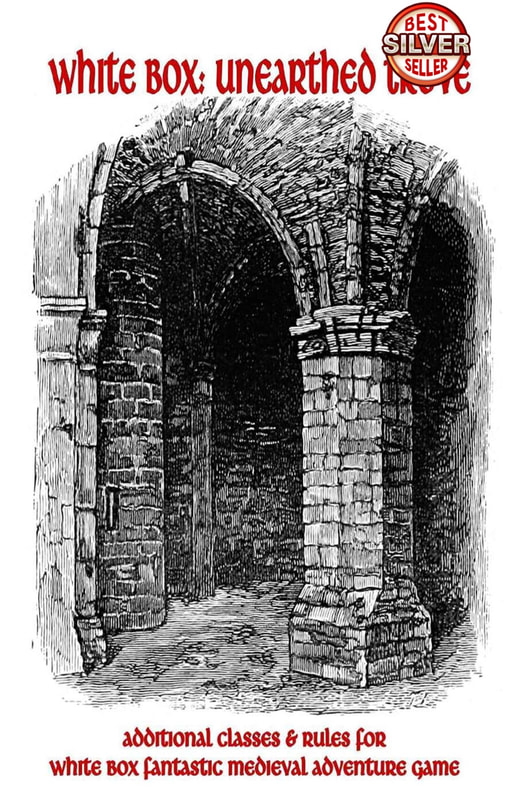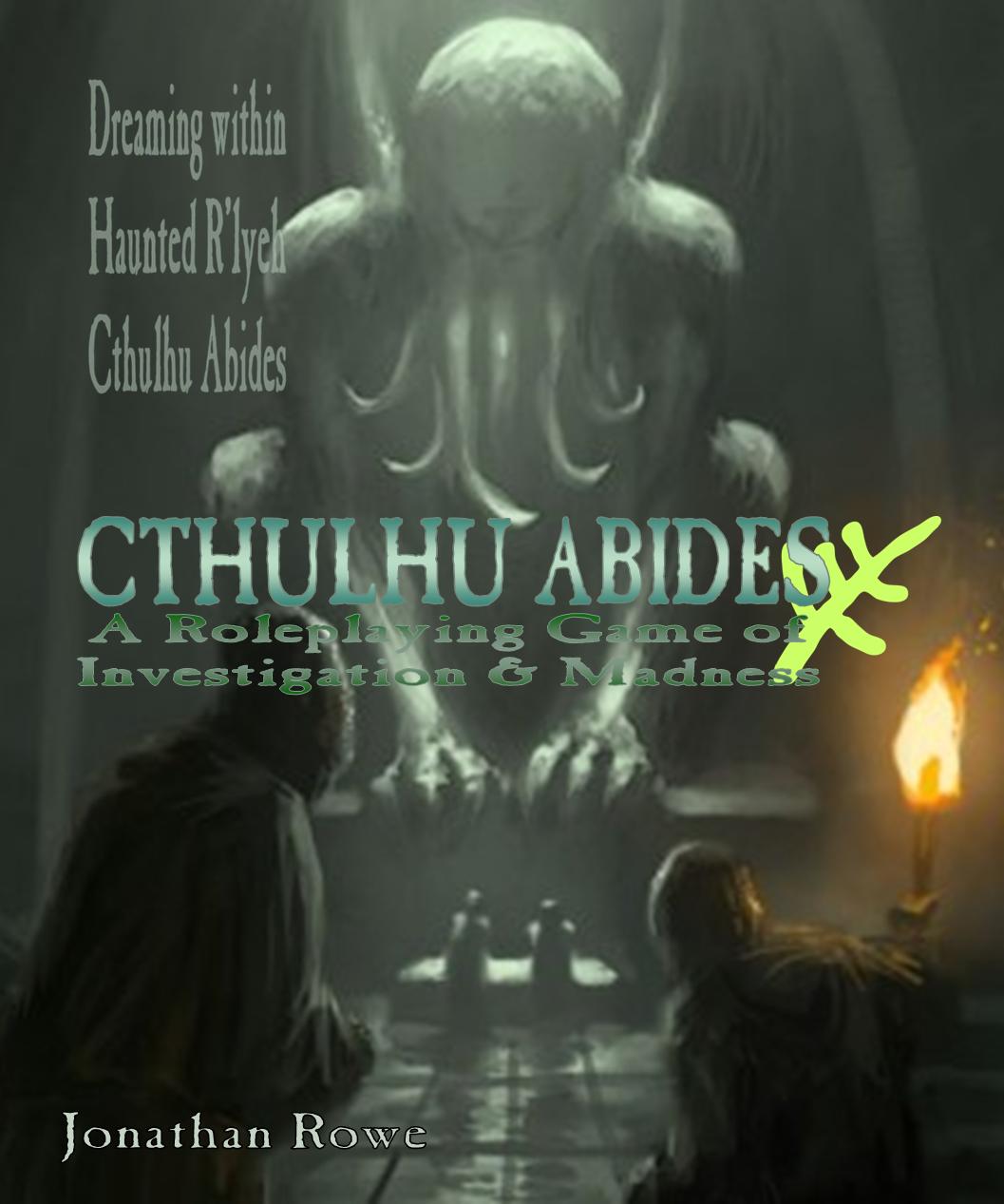|
A Book of Ghosts by Jon Wright is a collection of eight modern ghost stories with an unusual framing device. The stories are presented as the unpublished manuscript of a once-successful writer who has composed these tales, claiming they are based on real life events. Between each story an email exchange unfolds between the writer and his agent, Joan Mailer, who isn’t impressed with this new direction in her client’s writing. At first, these emails seem like interruptions, but as the collection unfolds they take on an increasingly sinister significance A Book of Ghosts is available on Amazon as paperback and Kindle e-book The stories themselves are an imaginative set. All are rooted in British locales, especially small rural villages in Yorkshire, Scotland, Devon and elsewhere, although one is set in an unnamed Midlands city. The protagonists are the sceptical and diffident middle class types of the ghost story genre, unsure of how to process the supernatural within their rather staid but comfortable frame of reference. If a single theme runs through it is ‘Ambiguity’ because the stories often conclude abruptly, leaving events unexplained and contradictions unresolved.
There is one exception in the fifth story, ‘The Four Horseman,’ which features four working class friends and the failing football club they support. This is the one story with an entirely urban setting and in which the ghost is unambiguously present. This is the least satisfying of the set, perhaps because its rather light-hearted and sentimental treatment of ghosts is so at odd with the rest of the stories. The first tale ‘Will-O-The-Wisp’ is set on the wintry Yorkshire Moors where an American hiker finds herself led astray by the mysterious flickering lights. There’s a surprising time-jump in the narrative that sets the main storyline in a tragic but deeply mysterious perspective. The final situation can be interpreted in many ways: are the lights malevolent spirits or warnings? is the menace from supernatural forces or an all-too-human killer? The narrative drops this conundrum in the reader’s lap: I was reminded of John Fowles’ A Maggot’ (1985) which offers several possible ways of explaining the disappearance of a part crossing Exmoor in the 1730s, subverting each wild hypothesis in turn and proposing nothing certain. ‘The Drummer in the Band’ is the most conventional ghost story in the set and the one that comes closest to horror. The narrator looks back on the punk band he was in during his youth and reflects on the disappearance of their friend and drummer Noel. The band splits and the narrator moves into a conventional career but reconnects with Noel years later, apparently by chance, and listens to his old friend’s account of the night of terror he endured in the old Rectory where he was staying. The story of this night is simply spellbinding and the strongest piece of writing in the set. I’m reminded of H.G. Wells’ The Red Room (1894) in which the protagonist must spend the night in a haunted room and the encroaching darkness because a source of existential terror. This story captures that menace while leaving all other interpretations open: Noel was on drugs, was having a breakdown, was menaced by a spectre, was deranged by repressed grief. The denouement is no less ambiguous but chillingly effective. By far the scariest story in the collection. ‘The View Across The Sea Loch’ is a very different proposition. A young father buys a painting on a Hebridean holiday but in old age becomes fascinated with the increasingly eerie details that emerge from it. The description of the painting, its curious secrets and the sense of doomed narrative that develops inside its frame is really well-constructed. The narrator’s position – studying the painting in the toilet, during nocturnal visits to ease his prostate – grounds the story in a delightfully humdrum setting. What is finally revealed is spectrally imprecise yet starkly troubling. This story is a masterful exercise in slow-burning anxiety. ‘Back To School’ strives for a similar effect, though I think less successfully. A middle-aged widow holidays in a North Devon village where she is mistaken for a former pupil at the now-closed school. The batty old ex-teacher regales her with a sinister story, implying she murdered a young colleague. Subtle supernatural details intrude, but later the whole event seems to be imaginary, more like a vision or perhaps a strange case of possession. The narrative ends abruptly, but the lack of explanation here is not pregnant with possibilities, as it was with ‘Will-O-The-Wisp,’ but feels instead like the abandonment of a story that still had another twist or two left. ‘The Four Horseman’ comes next. Even though it is tonally at odds with everything else in the collection, it works well placed next to ‘Back To School’ because it delivers a clear and unambiguous ending. This is quite important because the next story, ‘The Old Path,’ repeats the formula of ‘Back To School’ and the effect is no more successful. Here, an arrogant social scientist turns his evening walk home into an experiment on fellow-walkers by creating a new path through a dense copse, to see if other people use it in response to behavioural cues. As the seasons turn to winter and the evenings darken, the narrator remains unaware of the growing menace in his journey. Finally, he finds himself pursued by a sinister force and trapped in a sea of mud. Again, the story ends abruptly: normal life is restored, without explanation or reflection, and the narrative feels aborted rather than resolved. No such criticisms apply to ‘Walking The Dog’ which vies with ‘The Drummer In The Band’ for star position in this collection, albeit for very different reasons. An elderly dog-walker encounters a stranger on his route. The narrator is a type made familiar by this collection: staid in habits, rather smug, inclined to read too much into things. Nothing of moment occurs on each meeting – the two men exchange banal pleasantries – yet on each occasion the sense of strain grows, eventually becoming outright menace. At the outset the narrator reveals that he believes the other man to be a ghost; only at the very end does anything justify this. The closing coda contains a startling detail that sends you back to the two men’s parting, trying to work out which was the ghost all along. ‘Walking The Dog’ would probably nudge ‘Drummer’ out of top position, except for its positioning right after ‘Old Path’ which it resembles too closely: both recount journeys along a rustic path as the season changes, both with a similarly supercilious narrator. ‘Walking The Dog’ is the better story by a mile, but its strengths are obscured by being placed alongside its weaker, but structurally similar, predecessor. After ‘Walking The Dog’ the final story, ‘Lansdowne Road,’ would have its work cut out for it. It’s a fine tale of premonition and the unfolding of fate over an imagined lifetime. It lacks the thematic punch of the earlier tales; although many scenes are sharply realised, it exists in the shadow of the preceding story. Most readers will come away misremembering ‘Walking The Dog’ as the climax of the set. Discussion of sequencing needs to consider the framing device of the author’s correspondence with literary agent Joan Mailer. At first, Mailer is the star of this exchange with an outrageously flamboyant turn of phrase, all easy bonhomie and complacent privilege. As the author’s mental state deteriorates, Mailer becomes concerned, then frightened. The final story, ‘The Brocken Spectre’ which was mentioned back in ‘Will-O-The-Wisp’ has been redacted from the collection and we are left instead with a vanished author and, perhaps, vanished Mailer too. It’s an artful device that moves the sense of dread out of the literary world and into the real world of author and publisher. I’m not sure whether the closing lines – a menacing expression from the Spectre itself, directed at the reader? – are really warranted. The author’s email account revealed as unavailable and unresponsive is as final a message from the grave as you could wish for. There’s a lot to enjoy in A Book Of Ghosts and Jon Wright’s steadfast commitment to ambiguity would warm M.R. James’ dusty heart. I’m not convinced that ‘The Four Horsemen’ really belongs in this set and there are a couple of stories that perhaps need a bit longer ‘in the oven’ so that satisfying resolutions can be found for them. I wonder at the decision to position ‘Lansdowne Road’ as the final tale. Yes, it features death, but the collection’s theme is more evident in ‘Walking The Dog’ and it is that story which makes explicit the device of narrator and ghost swapping places. I like using iTunes to re-sequence my music albums and I wish Kindle would let me move ‘Walking The Dog’ to the end, to round off the collection in a truly unsettling way. The only other improvement to A Book Of Ghosts would be a bit more effort on presentation: a contents page is a really important tool for finding your way around e-books and the story titles could do with standing out a bit more (larger typeface, emboldened, etc); it would be nice to get an author bio. The stark text simply drops you into the first email then rattles on to the end without a break, after which blank pages and silence. Yes, it fits thematically with what the text is aiming for, but it's a barrier to enjoying the book in other ways. There: I set out to write a few hundred words reviewing A Book Of Ghosts and I’ve done more than twice that: a clear testimony to the power of this collection of deeply thought-provoking ghost stories.
0 Comments
I've not posted in a while and a big reason for that has been the Daily Ghost, a project to write an original ghost story every day for a year. And I did exactly that, completing 365 ghost stories (plus a few extra) and raising money for the First Story Charity that provides writers workshops for less privileged school children. I found some time recently to bring all the stories together in a pretty substantial anthology: the stories might be only 400 words each but a year's-worth of them makes for a weighty tome. You can find A Year of Ghosts on Amazon and there are paperback, hardback and Kindle editions. That's the physical copy on the left and the e-book on the right: take a Daily Ghost home for Christmas A Year Of Ghosts features 365 ghost stories, each one short enough to read with a hot drink but guaranteed to keep you thinking for a cold and moon-drenched night. There are haunting tales of grief and parting, romances of reconciliation and devotion, spine tingling encounters with supernatural danger and satirical romps through the afterlife, mixed with adventure, mystery and mythology. Journey to a haunted planet in the far future, to the ghosts of the Roman Coliseum, follow the machinations of Egyptian necromancers and the legacy of a haunted doll. You will read ghost stories adapted from pop songs, classic fiction and historical celebrities as well as low key tales of life in Lockdown Britain, the testimony of Somali immigrants, a northern pensioner teaching his grandson to be an exorcist and the love song of a Syrian refugee. The book lends itself to a casual reader who can dip into a story here or there, but there’s a huge range here, some of it literary, some mainstream commercial. There are Stephen King homages, a dramatic monologue, a pastiche of Damon ‘Guys & Dolls’ Runyon’s mobster fiction, a string of tales from the 17th century Scottish Borders as well as science fiction, Lovecraftian horror and parodies of Jane Austen and Raymond Chandler. Most of the tales stand alone but there are serials running month to month and of course a season of Christmas ghost stories. RPGers might particularly enjoy the monthly serial 'A Loophole' in which the death goddess Anupet struggles against the machinations of the necromancer Qadaffah, with the necromancer's new apprentice as a pawn in their millennial conflict. Fans of the ghost stories volunteered to narrate them, so there’s a Daily Ghost YouTube channel too with scores of the stories produced as 4-minute audiobooks by voice artists and authors like Nancy Weitz and John Clewarth – as well as myself, learning as I go. Here are two example, including a Christmas ghost story:
David Read narrates The Edge of the Platform and John Clewarth reads The Weeping Mothers There will be more stories on the Daily Ghost site as they bubble up from the unconscious - and some of them will appear in the project that started all this but then got put on hold, a glamorous Second Edition for my Ghost Hack RPG (on Amazon and on drivethrurpg) with lots of campaign ideas in fiction form. Otherwise, my attention is now on the Hedgerow Hack, the RPG of rustic weirdness, time travel, faeries and British mythology. There's some very exciting news about that which I'll reveal in a future post. The RPG products that have been inspiring and distracting me in equal measure - and (fanfare) Ghost Hack is a silver best seller on drivethrurpg
Dearest Dorothy In the middle, not a drop of blood on her, a child’s doll. Faye took it for the evidence bag. We slung the long arms in the back of the BMW. I took the wheel. We were both quiet, me thinking about that bloodbath, Faye playing with the doll. “Are you putting that thing in the bag or not?” “Dorothy,” Faye replied, “her name is Dearest Dorothy.” We stopped at lights so I turned to her. She hadn’t secured her Glock. I reached for it. “Don’t you touch her!” she yelled, no, screamed. She’s a pretty girl, Faye, but she wasn’t pretty then, eyes wide, froth on her lips. “It’s just a damned doll, Faye!” Then I was looking into the barrel of her Glock-17. “Stop the car,” she shouted: “Stop the bloody car, Dev!” I did, nice and slow. She unbuckled, gripping that doll with white knuckles. “I’m taking Dearest Dorothy and we’re going!” Then she was out on the pavement, doll in one hand and pistol in the other, with mid-morning shoppers skipping out of her way. “Don’t touch her!” she screamed at a pointing child. The white-faced mother found herself facing a 9mm semi-automatic. “Faye, drop the weapon!” Now I was armed, my pistol on her, hers wandering between me, the child and the mother. “Put it down, Faye!” Faye’s face crumpled with baffled fury, tearful, gulping air. She pressed the doll to her cheek and squeezed her eyes closed. The barrel moved towards her chin. I took the shot. The discharge sent pigeons whirring into the air, the boom of the Glock rolling down the shopfronts and surging back to me. Faye lay on the kerb. Dearest Dorothy sat next to a widening puddle of blood. I ran to her. “Too right, it’s been a strange day,” said the Commander, blinking at the paperwork. He regarded me over the desk with a strange expression. “Are you OK, Dev?” When I nodded he added, “Drop that thing in the evidence bag, will you?” “Her name is Dorothy,” I told him before I left. The Approach
20 November It has arrived, a landscape in oils on canvass, 29 by 47 inches. It must go on the mezzanine. What a spectacle, fusing the hypernaturalism of the Café Volpine School with Signac’s use of geometric abstraction. The road recedes to a point of perspective the eye approaches but never attains. There’s a smudge in the distance that could be a tree, a tower or a human figure. How teasing. 21 November I think it is a human figure. The flyers are at the printers. The photographer arrives at the weekend. 24 November “That smudge?” he said. How can a photographer be so blind? I’m looking at it as I write and it’s distinctly a human figure, on the road, approaching the viewer. 27 November Tonight was a private viewing – a vernissage, as Dietrich would say –to selected critics. Ling’s landscape drew a mixed response. Dietrich insisted on telling gruesome stories of Xavier Ling’s unsettling death. Melinda thought it ‘spooky’ – but Melinda has no insight at all. No one mentioned the figure on the road. It really is very distinct. I can make its eyes (so bright). It’s larger than I recall. Or closer. 29 November Closed the gallery. Can’t cope with the chatter, the inane questions. How can they not see the figure on the road? Is it Ling himself, hidden in his own picture? His eyes – I can make them out from here. 30 Nov Rain. Too dark. Slept on couch in gallery. He is so much closer. Ling has teeth, so white and sharp. Those eyes… 31 Nov? Banging on windows must be Dietrich with news reviews didn’t answer go away Dietrich so many messages on phone. No leaving now Ling has arrived he fills the frame but I will not look into those eyes, if I turn around and look, the teeth, so close, I will not I will not I will Hit & Run
Coppers of course, when it’s too late to do any good. Hit and run, they said. Who saw what? Of course, no one saw a bloody thing. Make, model, plates? Sorry, officer… Useless, the lot of them.
No sense from Grace either. Nice girl, not the brightest. “He stepped out right into it!” she kept telling the woman police officer. “Like he didn’t see it coming,” she said and the lady copper had this look on her face like she gave up being on telly to do this job. Gracey went into the back of the cop car and I – the body, me – it went into the ambulance. I didn’t want to go with them. That mangled meat, it only felt like it was me when the tattooist’s needle was stinging, or the booze was coming back up after a session, or during a ruck, when your nose breaks and there’s blood in your mouth. What was Grace anyway, when I wasn’t putting babies into her, the twins and the new one, whenever that’s due? Her face, all blotched with tears and snot: wouldn't miss it. There were two ways to go and one of them was to stand around while the doctors brought out the bad news and Grace howled and then the funeral, all my mates in suits trying to crack onto my sister. What was the point in that? The other way was marked out with two lines of fire, the treadmarks of a car, a silver Jag, blazing through town. Someone was at the end of that trail, someone with a Jag outside on the drive, someone enjoying a smoke and some banging tunes, trying not to think about what had happened on their way home. Someone I was going to visit. I turned my back on the flashing lights and walked into the night. Then I started to run. These four stories round out the pieces of fiction that are going to appear in the core rules section of The Ghost Hack 2nd ed. It's been a blast writing these. You can read the others here and here. Stain on the Floor Or Jack and Ruth, they pop round with the twins, showing me their new phones and all their fancy apps. Where are they these days? I need Jack to take a look at the door. The lock’s no good. People walk right in. The young man from the letting agency is here. He walked in, bold as anything, so I hid in the kitchen, waiting for him to leave. There’s a young couple with him. She’s pregnant. He has those horrible tattoos. “I don’t know about this place,” the woman says, shivering. “I heard what happened to the previous occupant.” I wonder, who can she mean? The occupant before me was an old lady named Lucas who went to live with her family in Perthshire. “The police caught the man responsible,” the young man from the letting agency tells them as they leave. “It really is a low-crime neighbourhood.” I creep out once they’ve gone. She never mentioned the stain on the floor. It’s sticky. It must have ruined the carpets. Where are the carpets? I look around in alarm. Where is the sofa? The bookshelf? Where’s the TV? I run across the bare floorboards to the window. I shout out, Help! I’ve been burgled! But the passers by pay no attention. You’re invisible, when you’re old. Except to the lady across the road. She’s always in her garden, with those shears. She straightens up and waves to me. I don’t wave back. The tenants in that house are noisy students and have been ever since the woman who owned it died, years ago it must be: the twins were just babies when she had that fall. No curtains to close. No chair to sit on. Just the stain on the floorboards, glistening red. Like a bloodstain on my floor. It’s like somebody died in here. Voice of My Complaint
The vicar droned on: “Remember not the sins and offences of my youth…” There had been sins, I suppose. My jealousy. Your work. That bitch Susan at your office. Something had been going on there. But what did it matter now? Your mother stood opposite me, childless as well as widowed. My mother comforted her. Perhaps they would be close, at last. If only there had been children: something they could share. The vicar was saying something about “everlasting arms” and I thought of your arms, around me, strong. You carried me like I weighed nothing, from the wreck to flashing blue light. Then, later, they became so thin, your skin like glass. I watched the blue veins, mutinously doing the bidding of your unreliable heart. Singing, but it was a hymn I didn’t know, something about “the voice of my complaint,” so I moved my lips out of idiot-respect. The vicar started his reading and my excitement mounted. “The last enemy that shall be destroyed is death.” I wanted to laugh, but it felt wrong, with Margaret bawling beside me. “It is sown in corruption; it is raised in incorruption.” I stepped forward to look into the grave. Corruption stole your youth, your strong arms, your wise laughter. How I longed to see them again, now, uncorrupted. “O death, where is thy sting? O grave, where is thy victory?” The service ended. Flowers, ashes, dust to dust. The families drifted away through the bird-infested trees, Margaret to the bar, our mothers arm in arm, grieving for a daughter and now a son too. I remained. “Where are you?” I shouted, then, “I waited, after the accident. I watched you, over the years.” And softly, “Why aren’t you here too?” But the grave and the senseless wren made no answer. Under the Bed
The child clutched Mister Wally, stroking his fluffy head and tracing his button eyes. Under the bed, the monster’s nails scratched and scraped. The child pressed Mister Wally to his cheek, inhaling his comforting scent of soiled fabric. The monster tugged at the quilt, yanking it towards the floor. The child gripped the quilt, ready for the nightly tussle. The monster released its pull. The child wrapped the quilt around him like a snailshell, no corner over the mattress. This was how sleep was earned. Mister Wally had gone. Not under the pillow. Not inside the quilt. Sleep was impossible without Mister Wally. The child peered over the edge of the bed. Mister Wally lay half under the bed frame in sliver of street light from where the curtains didn’t quite meet. The child reached down, fingertips towards the upturned button eyes. The monster caught his wrist. The scream brought the child’s father, blinking furious sleep from his eyes. Light pounced on the room like a cat on a rat. “Was it a nightmare?” the father asked. The child sat in bed, his quilt neat, shielding his eyes from the light with a pale hand. “Not any more,” the child replied. The father smiled at the child’s mannered tone. He picked up the fluffy doll on the floor. “Here’s Mister Wally.” “I don’t want it.” “You are getting a bit old for Mister Wally.” He shoved the doll into a drawer. What a helpless expression was in those button eyes. Almost pleading. He slammed the drawer shut. “Shall I leave the light on for a few minutes?” “No,” said the child. “I like the dark now.” The father reached for the light switch but hesitated. Why did he suddenly fear the darkness that would follow, with that still figure sitting in his child’s bed, watching him with unkind eyes? Uncle Duppy
He died in the London Infirmary, making all the little nurses laugh. He gave my Dad this telephone number before he passed and said, proper serious: “Just make one call and say his name, the one who wronged you, and I’ll know.”
Not that my Dad needed that. In the Eighties, he stayed away from them Yardies selling coke and shooting coppers. He opened a nice little business on the Portobello Road and made big money when it went upmarket. I wasn’t that smart. I was fourteen when I phoned Uncle Douglass’ number. No one answered, but I knew someone was there. Someone who’d been expecting the call. I just said the name: Dale Perry. Dale, he threatened me and I was scared. That night, Dale went out of a seventh floor window. Splashed across the car park. Nice one, Uncle Duppy. I don’t feel good about it now. Or the other names. Dwayne Mitchell, hit by a truck. Job done. Kelvin Franks who narked on me, proper carved up he was, just bits left. Even Caryne, God help me, who cheated on me. Or I thought she did. All in the past now. Monica sorted me out. No more drugs. I’m respectable, like my old Dad. Two pretty girls. Pictures on my phone: see, that’s them. Love them up big. Would kill for them. “I’m respectable now,” is what I told Eddie. But he said, “Do some with me, for old times!” But it’s stronger stuff than I remember. Next thing I know, I’m all lit up, thinking I can do anything, proper belted. I tell Monica, “Let me drive!” I’m driving too fast. Monica’s screaming at me. The girls are sobbing in the backseat. I turn to shout at them… The funeral is tomorrow. So I made that phonecall. Just one name. My name. But you knew that, didn’t you? I didn’t expect you so soon. Three more lean little ghost stories that will go into the 2nd edition of The Ghost Hack. See the previous post for Walking The King's Road, Show Your Face and Mother's Room. Galois' Last Theorem
No, I understand: you are selling an antique, not taking a class. To business then. Show me your pistol. It’s beautiful. You see the rifling on the bore? That increases accuracy. The English pistols were smooth-bored, leaving God or Chance a role in the duel. Not so in France. Not for Galois. Everything is inevitable. You can work it out mathematically… Quite so, enough algebra. May I? The black powder pours in, so. See how the ramroad packs down the ball? A simple operation transforms a paperweight into a weapon. I have your pistol’s companion, bought in a house-sale – what a find! Let’s lay them beside one another, two duelists, reunited at last. They were made an identical pair so that choosing one at random confers no advantage. Not that anything is truly random. It surprises you that a mathematician died in a duel? Galois was a revolutionary in politics as well as algebra. Progress is inevitable, he believed. Then the Academy rejected his paper and that scheming minx Stéphanie … excuse me. I am overwrought. It is the waste, you see? The waste of so much talent, so young. Pick up one of them. Which is which, they are so alike? Perhaps I hold your pistol, or you mine? Do you know what Galois said on his death bed? ‘I need all my courage to die at twenty.’ Raise your pistol, sir. Both are loaded. No, this is not a robbery. Think of it as a solution. I have calculated to exactitude. I should not – he should not – have died that morning. It was mathematically impossible. The calculation must be performed again. With the same variables. Do not tremble, Monsieur. The outcome is determined by mathematics, not by nerves. Pull your trigger as I pull mine. Courage! What is a duel, but another equation? The Desert Miles I watched the night steal over the desert and the strange, bright southern constellations steal the sky. I listened to the moon-maddened cries of dingoes and watched the thorny lizards pursue ants across the ravine. I waited as the sun sliced the shadows apart, striking off the stones and making the distance shimmer. I thirsted and I waited. I dreamed of torchbeams lancing the darkness and my name carried on the wind in strange voices. I dreamed of men and dogs passing close by the ravine where I lay. I dreamed I called out to them with a tongue burned to numbness. “I’m here. I’m down here.” The dream ended and the waiting became wearisome. I said goodbye to the ravine, the two rucksacks and the empty canteen. I let the desert pass through me. I drank from its dry winds. I consumed its empty miles. The sun rose in anger and passed over me in shadow. The moon gleamed like an old bone. The dust cloud blew in from the north and replaced the sand with tarmac and the canyons with neat suburbs. People passed me in the haze, dressed in unfamiliar new fashions, whispering to each other in the dust. The desert brought me to your house. Children’s toys on the lawn. Dishes in the sink. A bottle of wine and two glasses. An evening with the woman who is now your wife and the children who are now your sons. The years have disappeared into the desert. I leave sand on the stairs. I stand at the foot of your bed, where your wife clings to you. The dust swirls in the night air and settles on your lips. I’m still waiting, but I have brought the desert with me. The Last Sonata The blood drains from your skin, a sinking diminuendo. You will bruise where you rest against the cold linoleum. You become pale where you face the kitchen ceiling, the magnets on the fridge, the calendar with dates fruitlessly circled.
Can you feel your muscles stiffening, the famous rigor mortis? This is the slow movement: adagio. It’s cold, don’t you think? Your body surrenders the last of your warmth. This is the temperature of objects. Rigid and frigid, you say to yourself, At last, this is lonely death! But you are wrong. You are not alone. Musicians have joined your tremulous choir. These are the insects you kept at bay so long with sprays and swats. Now they are in harmony with your loosening flesh. They bring their eggs. By the time your muscles unknot, their maggoty children have joined the orchestra. They burrow. This is the scherzo, a jest: enjoy its playfulness. You are beautiful now. Your skin shines. You are home to a multitude, a busy citadel of consumption and hungry purpose. You are more alive than you have ever been, mother to a nation, multitudinous as the stars in the sky. And you feed your children. You are adoring and adored. The air buzzes with their insect gratitude. The music hastens: vivace, then faster, vivacissimo. Your body, sick of stillness, yearns to dance. It swells. Gases broil and churn. The blood foam spews from lips and nostrils. This is the rondo. Your beautiful paleness turns to fungal green and red, like the painted eyes of harlots. Your solid flesh melts at last. You are liquid. Do not hasten away: the skeleton waits offstage, with its own grave melody in the slowest tempo, larghissimo, the stately unseaming of cartilage and bone. Paleness will return. But I see you are restless. Let the conductor take his bow. We must applaud his work and depart, you and I. Listen! A new music is beginning. I'm working on an ambitious 2nd edition for The Ghost Hack RPG. This includes starting each section with a piece of short fiction: a ghost story in 350 words. Writing 350 word ghost stories is incredibly addictive. I need to write dozens. Here are the first three. Walking the King's Road The grave stones are old now. Time has pitted them. The weather has smoothed away their sharp angles. The names they commemorate are obscure lines in the stone, shallow and smudged. I look for my own name. I can still make it out. They brought flowers, once, and laid them around this monument. There were weeping women and sorrowful children. It was a good burial. I look back fondly on it. My memory is as crisp as my gravemarker is faded. It was a long time ago. No one brings flowers to this gravestone any more. The little statues are unpainted and made shapeless by the years. Were they once cats? Or owls? I think they were cats. There are visitors still. They pass the stones and monuments with ignorant curiosity. The gravestones of strangers are, after all, just symbols of mortality. The passersby sense the vast ranks of the dead who have gone before them and then flinch away from the insight. They hurry on. There is a gift shop to visit. My coffin lies behind glass, bare to the world, like a strumpet’s modesty. But it is better this way. Better here, under the alien lights, than under the sands, in the oven of the earth, like my mother and daughters, made nameless by cruel history. I turn away. I pass the turnstile and the girl who sells tickets. I look up at the images on the walls, celebrating the grandeur of my tomb Even now, after all these centuries, my works endure. Look upon them, ye mighty, and rejoice.
Show Your Face Why won’t you show your face? I feel you, watching me, when I’m with my friends. They laugh at old memories and I laugh too, to show them I’m OK. That I’m getting over it. But when my eyes slide away to the window, you’re outside in the dark, watching. But you don’t show your face. Why doesn’t your smile appear at the glass, or your frown. Or your unspoken recriminations? Why does it show only sky and faraway stars? I forget to laugh and my friends notice my searching eyes. They gather close. Do I want to talk about it? No. Do I realise there was nothing I could have done? Yes, I realise that. Am I recovering? Yes, yes I am recovering. Every day, I feel a little better. You watch me lie to my friends. It’s time to go. Home. Empty house. Empty bed. Unopened letters with your name on them. Cards with my name on: Deepest Condolences.
Teenage girls at the bus stop opposite shriek with delight. A window opens. A voice calls out. Do I have any idea what time it is? Yes. It’s time to go. I know it’s not far. It’s not far, up the stairs, hearing them creak behind me under your tread. Not far from the stairs to the bathroom, where your shape curls in the rising steam. Not far from the heart, to the arm, to the wrist and onward, through darkening waters, to where you stand watching me. Until we are face to face again. Mother's Room
I closed the bedroom door on a weekend’s hard work. With the funeral behind me, the days waited like unopened gifts. Where to go? I was unused to the act of choosing. So many years spent waiting for the summons from Mother’s room.
BANG BANG. I stopped. Had I really heard that? The imperious rhythm was unmistakable. I returned, re-opened the door, expecting to find a wounded bird or adventurous cat making this racket. The room was as empty as before, though the scent of gardenia was stronger. A strong tea calmed my nerves, which were shredded after Mother’s long illness and many demands. It was time to leave, to get out. I was detained at the front door. BANG BANG. An impossible knocking from upstairs. Surely it was noisy pipes. Subsidence. Shrinking timbers. I set off down the crunching gravel path. BANG BANG from the upstairs window overlooking the gate. Then again, but with fury: BANG BANG. My keys fumbled in the lock and my feet pounded on the stairs. BANG BANG from behind the bedroom door. The bare room waited – sweet air shivering in the growing shadows. The day was slipping away. The night drew on too soon. BANG BANG. Roused from half-dreams of Mother’s sobs, her pain, her drugs. BANG BANG. Hurried from the shower, from the untasted meal, the unread book. The scent of gardenia on my clothes. BANG BANG. They can be demanding, the ill, but we mustn’t grumble. We must not complain. There will be other times to go away. It upsets her, to be left alone, all alone in this house, this empty house. Phone off the hook. Letters unopened. Food untasted. Waiting for the summons from Mother’s room. |
30 Minute Dungeons
Essays on Forge
FORGE Reviews
OSR REVIEWS
White Box
THROUGH THE Hedgerow
Fen Orc
I'm a teacher and a writer and I love board games and RPGs. I got into D&D back in the '70s with Eric Holmes' 'Blue Book' set and I've started writing my own OSR-inspired games - as well as fantasy and supernatural fiction.. Archives
July 2024
Categories
All
|

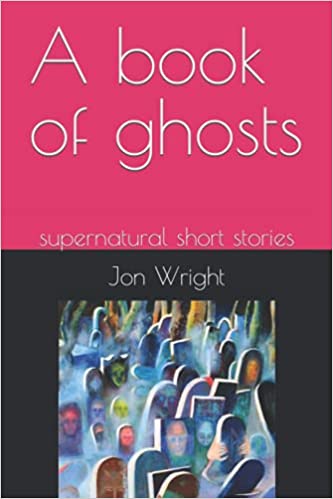
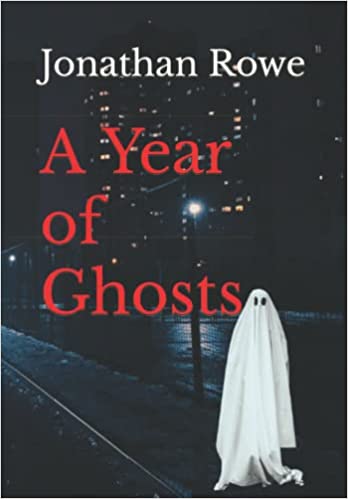
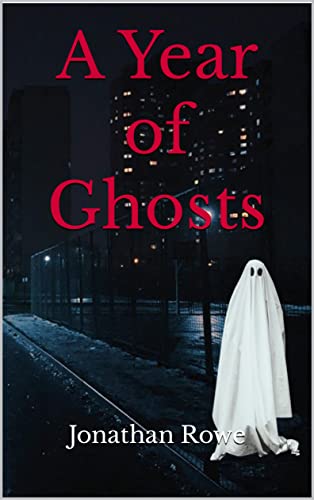
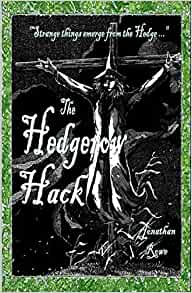
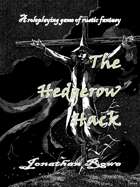
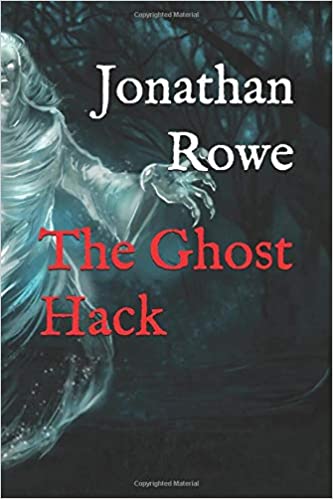

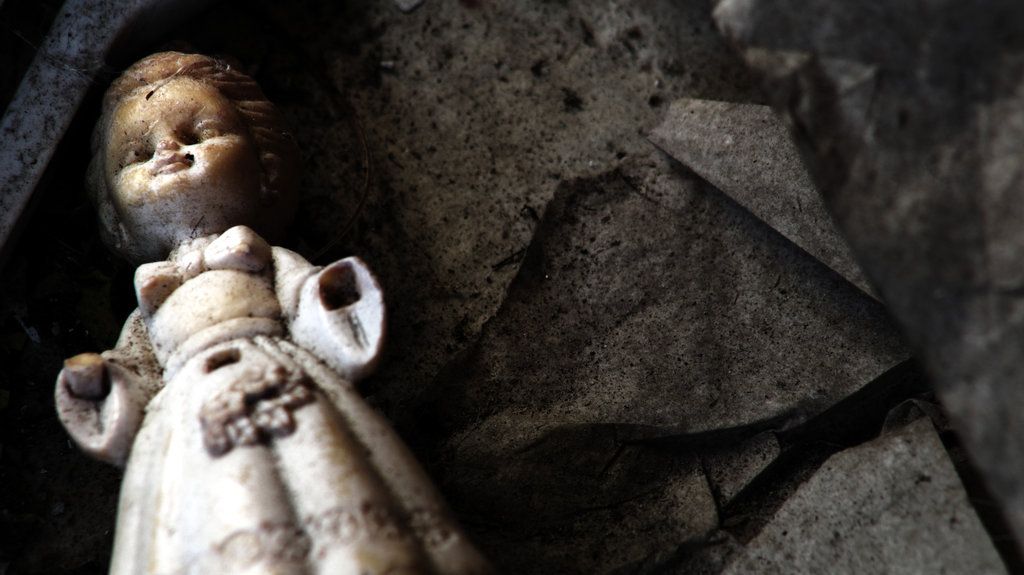

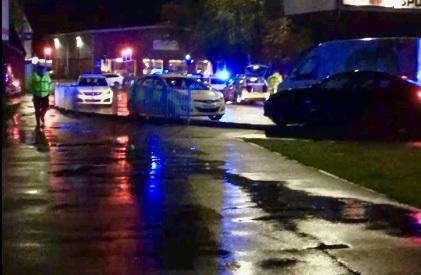

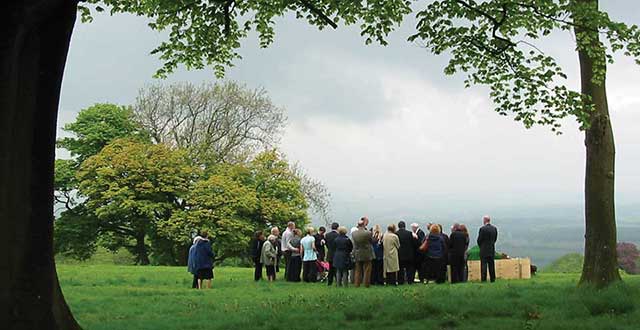






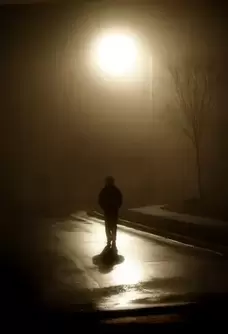
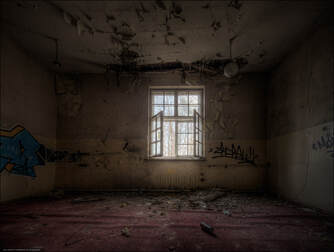

 RSS Feed
RSS Feed
